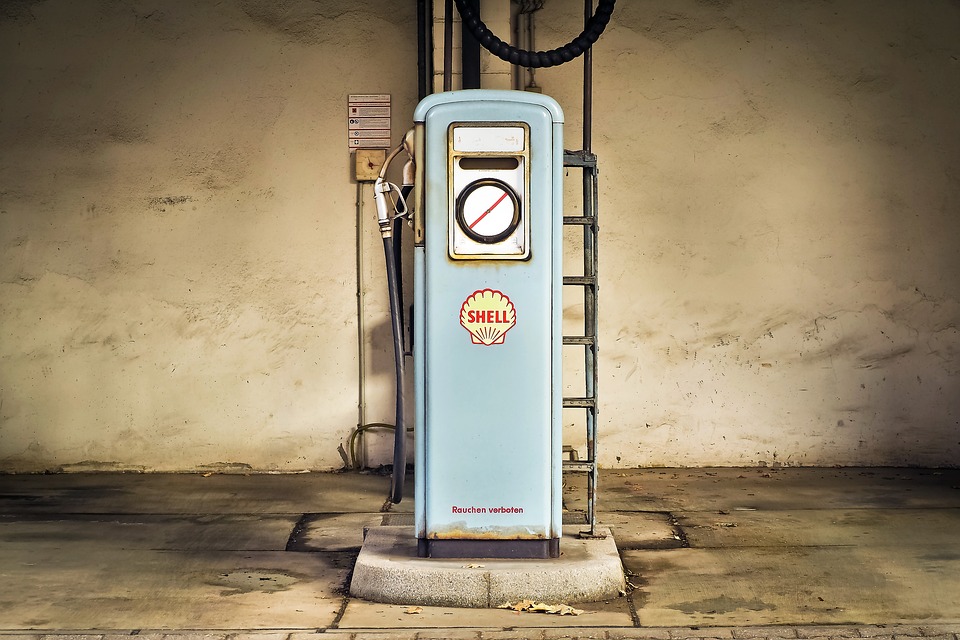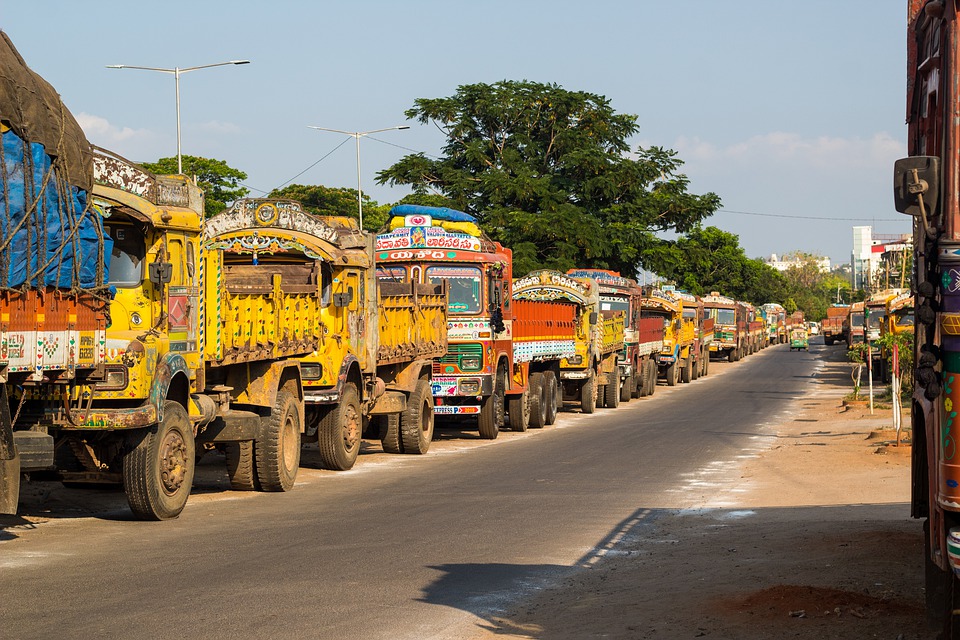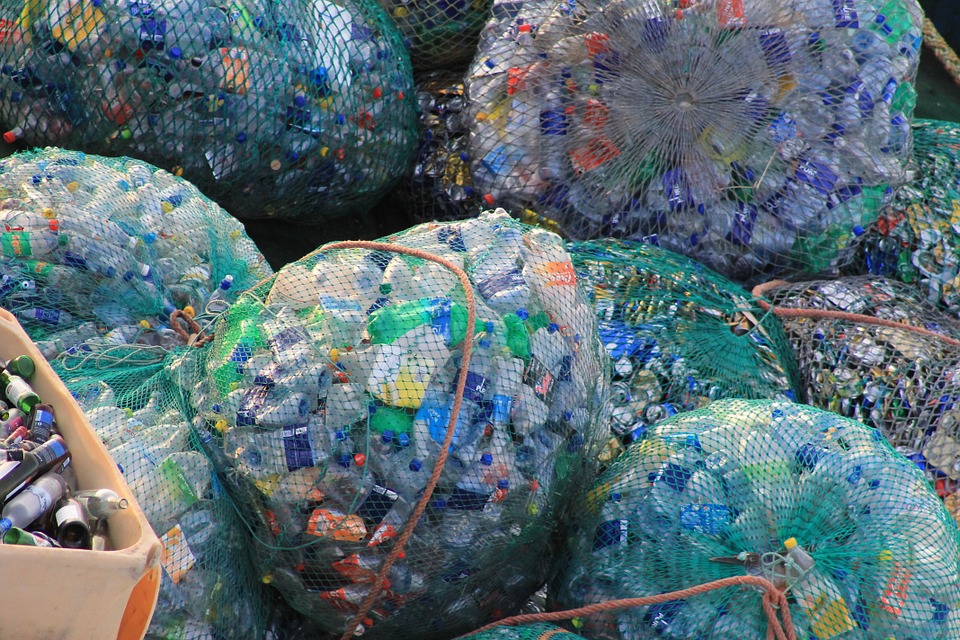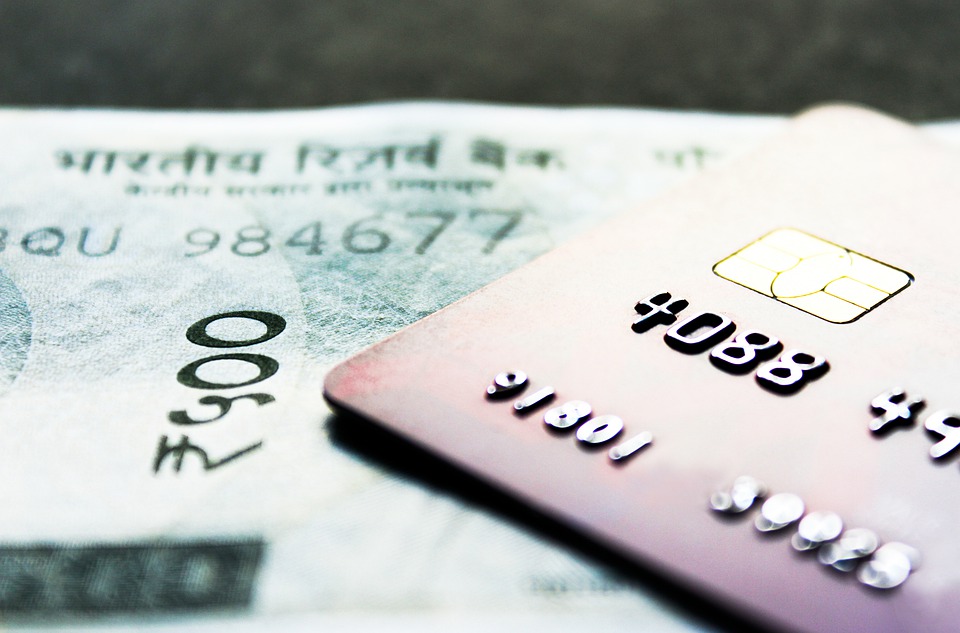The issue of parallel economy, commonly referred to as generation and stashing of black money, did not resonate with the general public in such decisive manner, but thanks to the 2014 general elections of India where the subject garnered all public interest, owing to commitment by the then Bharatiya Janata Party’s Prime Ministerial c andidate of bringing the wealth stashed overseas within 100 days of coming to power. The initial days of the Modi government did not prove as a dedicated endeavor towards unearthing illicit money hoarded by thous ands of Indians within and outside the country.
Then came the move to strip high currency banknotes of INR 500 and 1000 of their legal tender status, a step that could have led the traitors to reveal or destroy their undeclared cash holdings, only if banks and other implementing agencies had played a vigilant role. Although much couldn’t be attained from this kneejerk decision, a new ray of hope can be said to have appeared, for India is now on a path to a digitized economy, a shift that will make transactions more transparent by connecting all dots, from the originator of cash to the final beneficiary. Demonetization also triggered hope of combating the menace of counterfeit currency notes.
On the black money front, however, much is awaited, more so after the public has approved the demonetisation move of the Prime Minister by assisting the BJP in sweeping key state polls. The same voters now look forward to a full-blown attack on the parallel economy and its generators. Black money, which as per an estimate is as high as USD 1 trillion, needs a concerted effort for its eradication and for bringing the culprits to books. The present government is set to enhance its hold in the Upper House of Parliament; hereunder are some crucial do’s that await PM Modi’s consideration.
1. Business transactions through electronic mode should be encouraged
Monitoring transactions digitally will help curb the black money. In India, only about 5% of the total business transactions are conducted through digital platforms. Permitting high value business transactions only through electronic means is a welcome move in this regard. But, the proposed limit of Rs 3 Lakh is too high and should be lowered. Rebate on various taxes can be given to all users who opt for digital payments. A similar move is proposed in the budget 2016-17 for small traders and businesses with a turnover of up to Rs 2 crore who will pay less tax if they accept payments through banking and digital means.
2. Encourage credit/debit card payments
In order to incentivize the use of plastic money and move towards a cashless society, the following steps are necessary;
- Tax benefits could be provided to merchants who accept electronic payments. In case a merchant conducts 50 per cent of the transactions through electronic means, an appropriate tax rebate could be advanced to him
- Reducing further or completely doing away with the merchant discount rate on card transactions
- The banks instead of charging any transaction cost, should offer cash back rewards to users on digital payments.
3. Check donations to educational and religious institutions
In a move to check cash donations, the Budget 2017 proposes to reduce tax benefit on cash donations under section 80G of the Income Tax Act to Rs 2000 from the current limit of Rs 10,000. However, in order to check black money completely, the government should go with the recommendations made by SIT. SIT proposed a total ban on cash donations. In cases where the donation is in kind, it has recommended that the name of the donor and permanent account number be obtained.
4. Agricultural income should be taxed based on farm holding
One of the methods, black money hoarders used after demonetisation was depositing money in bank accounts of poor farmers who claimed it as their agricultural income, since the same is exempt from tax. To discourage people from passing off their non-agricultural income as agricultural income, the same should be taxed based on farm holding leaving small and marginal farmers untouched.
5. Tax department should link PAN and demat accounts in order to calculate capital gains tax on traded security
According to a research report published in mint, as opposed to two crore demat accounts, only 5.9 lakh individuals had filed for short term capital gains or losses from stocks in 2012. Thus, it is better that departments calculate tax and consequently an exemption is filed by the assessee. Moreover, the government should check the cash transactions in stock market and creation of fictitious profit/loss through shell companies by studying the unusual rise in stock prices of companies when such an increase takes place.
6. Prevent misuse of participatory notes
Participatory notes or P-notes are instruments issued to overseas investors by registered foreign institutional investors, for the purpose of investing in the Indian stock market. These have been always been a means of illegal money finding way back into India. A commendable step which the government has taken is setting up SIT to track black money through beneficial ownership of P-Notes. SIT should correlate this data with the income/wealth-tax returns of P-Note-holders and see if there are undeclared incomes.
In addition to above, vigorous prosecution to people evading taxation should be followed. At the same time, award/reward must be given to honest and prompt tax payers in order to encourage them, for they are the ones who fund government’s schemes for the deprived and marginalized sections of society.


























